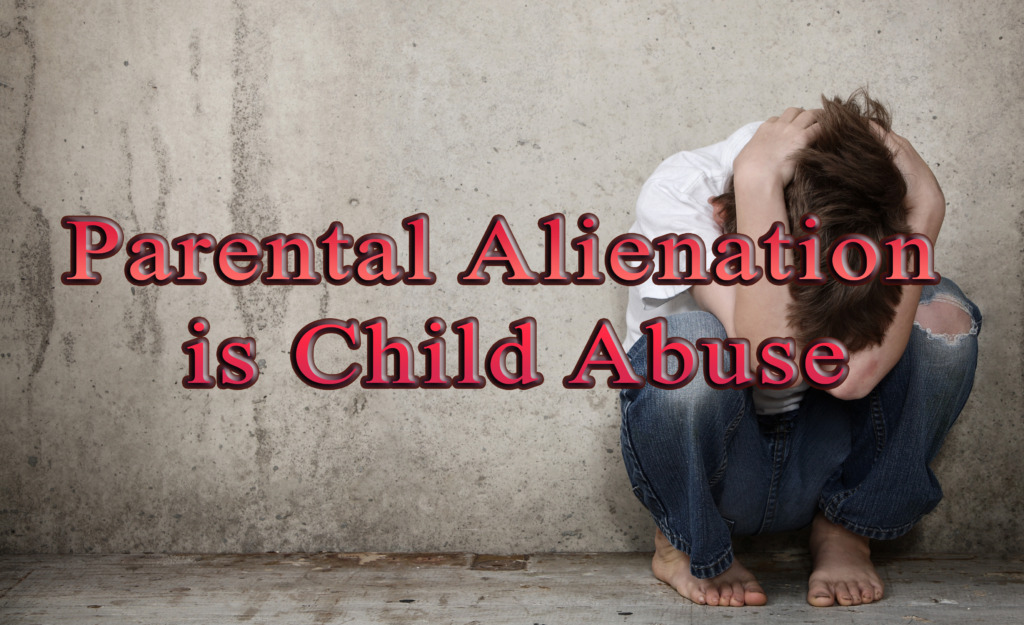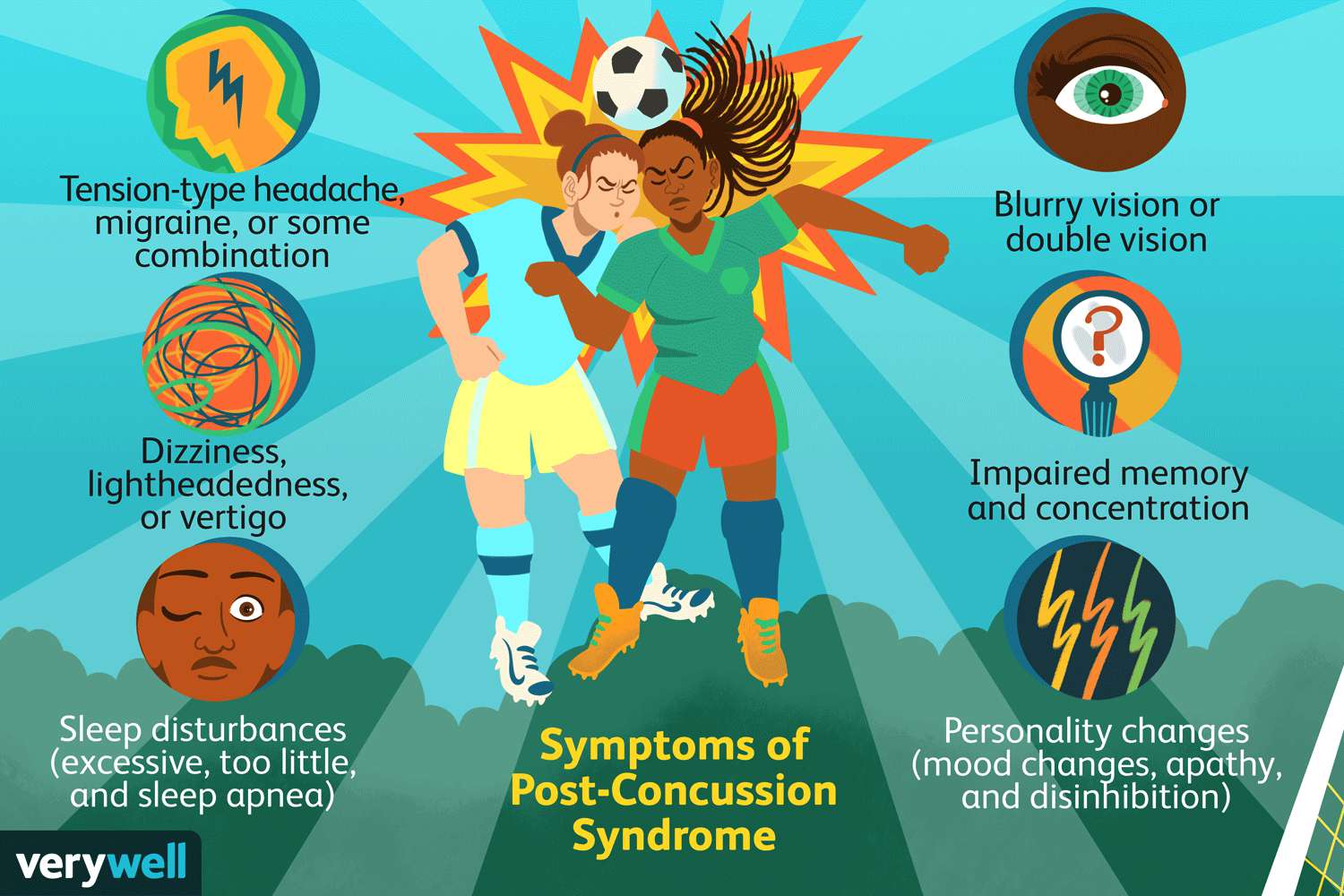Parental Alienation Syndrome (PAS) is a complex psychological phenomenon that occurs when one parent, often in the context of a divorce or separation, alienates a child from the other parent. The alienating parent may use various tactics to turn the child against the targeted parent, including:
- Denigration: Making negative comments about the targeted parent.
- Triangulation: Involving the child in adult conflicts and seeking their loyalty.
- Withholding Affection: Withholding love and affection as punishment for spending time with the targeted parent.
- False Accusations: Making false accusations of abuse or neglect against the targeted parent.
- Control: Controlling the child’s contact with the targeted parent.
The Impact of Parental Alienation
Parental alienation can have severe emotional and psychological consequences for the child, including:
- Anxiety and Depression: Children may experience feelings of anxiety, depression, and guilt.
- Behavioral Problems: Alienated children may exhibit behavioral problems such as aggression, defiance, and school difficulties.
- Damaged Relationships: The alienation can damage the child’s relationship with the targeted parent and other family members.
- Long-Term Emotional Issues: In severe cases, parental alienation can lead to long-term emotional and psychological issues, including difficulties forming healthy relationships.
Addressing Parental Alienation
If you suspect that your child is being alienated from the other parent, it’s important to seek professional help. A therapist or counselor can provide guidance and support. Additionally, legal intervention may be necessary to protect the child’s well-being.
It’s crucial to remember that parental alienation is a serious issue that can have lasting consequences for children. Early intervention and appropriate support can help mitigate the negative impact of this harmful behavior.



